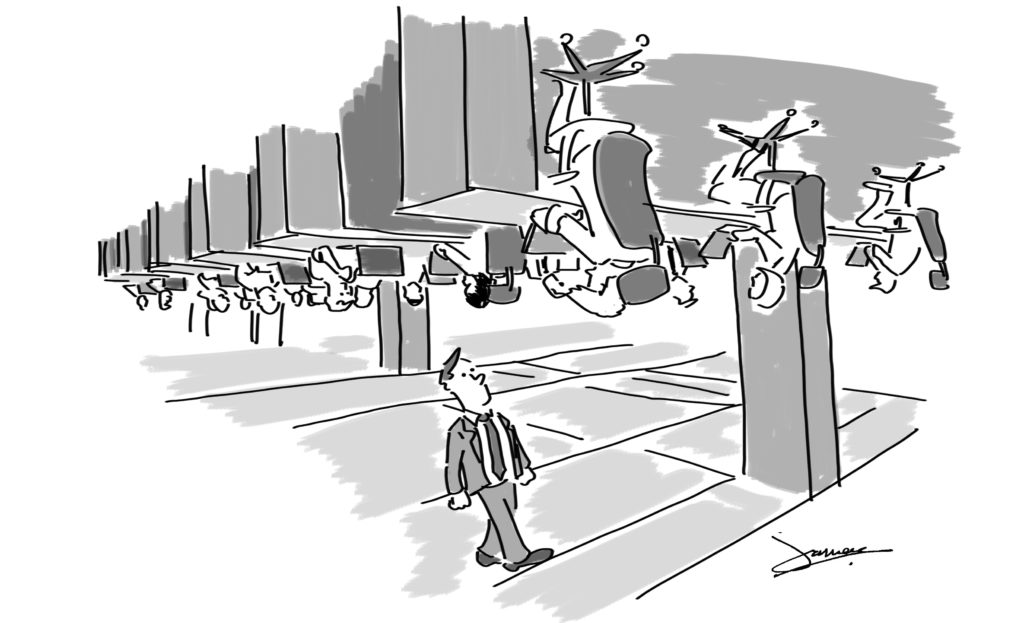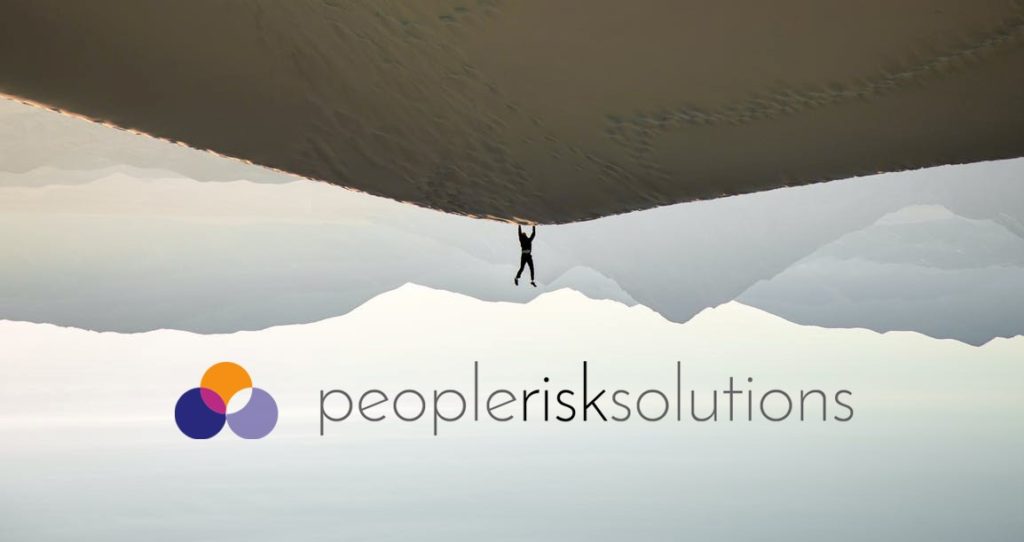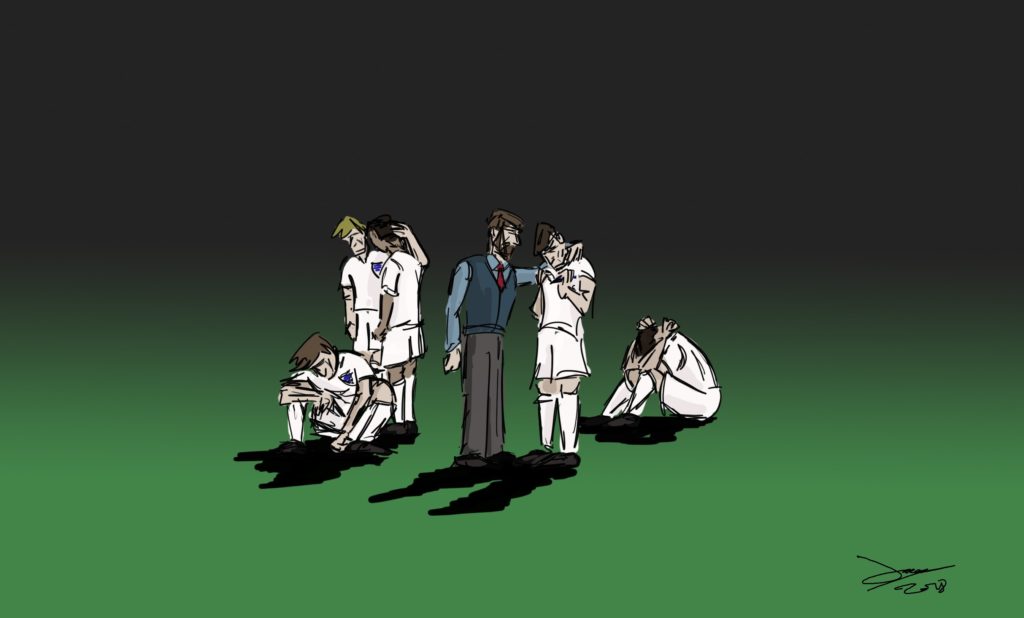Since our inception in October 2006, PRS has successfully built four business practices:
- HR Outsourced Support
- Management Effectiveness
- Culture, Values & SMCR, and
- Outplacement and Career Transition
All specially designed for the Financial Services and Professional Services sectors.
In response to unprecedented demand from our clients and the market in general, we have now launched our own dedicated Wellbeing Practice. Andrew Pullman, CEO of PRS, is acutely aware of the tsunami of mental health challenges likely to arise in response to the government’s announcement to lift lockdown and get the country back to the workplace. Not only has 100% of the workforce been affected in some way by the six months of lockdown, but the new paradigm of work throws up an unprecedented set of challenges to all organisations, large and small.
Our new Wellbeing Practice is set up to help organisations tackle this issue, and in particular we can:
1. Conduct initial organisational Wellbeing checks.
2. Help organisations set themselves up for success. implementing some immediate ‘quick wins’.
3. Lead on assisting companies to establish and embed their own Wellbeing & Mental Health strategy.
4. Put in place ‘review and refinement’ processes.
With the increasing return of employees into the workplace, our ‘quick wins’ rapidly put in place some best practice measures, including:
- Training Mental Health First Aiders as the first line of support in your organisation and establishing a support network for these Mental Health First Aiders;
- Manager Briefing sessions to recognise the warning signs of mental ill health and introduce the skills and confidence to safely approach and support someone;
- Coaching PLUS … one to one coaching for senior leaders, incorporating a focus on their own and their team’s mental health;
And coming soon …
- Providing a Virtual Mental Health First Aid support service; for those organisations which are either too small to form their own in-house Mental Health First Aiders, or those demanding an immediate, transitional support service.
Aligned with PRS’s existing brand, providing a quality service sits at the heart of our new Wellbeing Practice. Indeed, all of PRS’s MHFA trainers are national trainers for MHFA England, and our practice is led by a fully qualified Mental Health First Aider. Our programmes are also tailored for the Financial Services and Professional Services sectors.
If you would like to find out more please contact us at [email protected]




